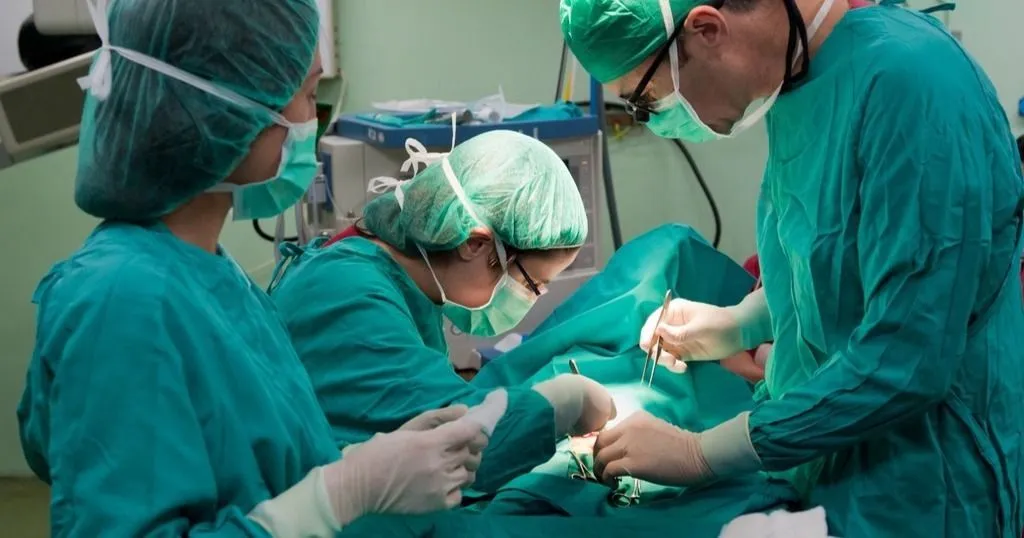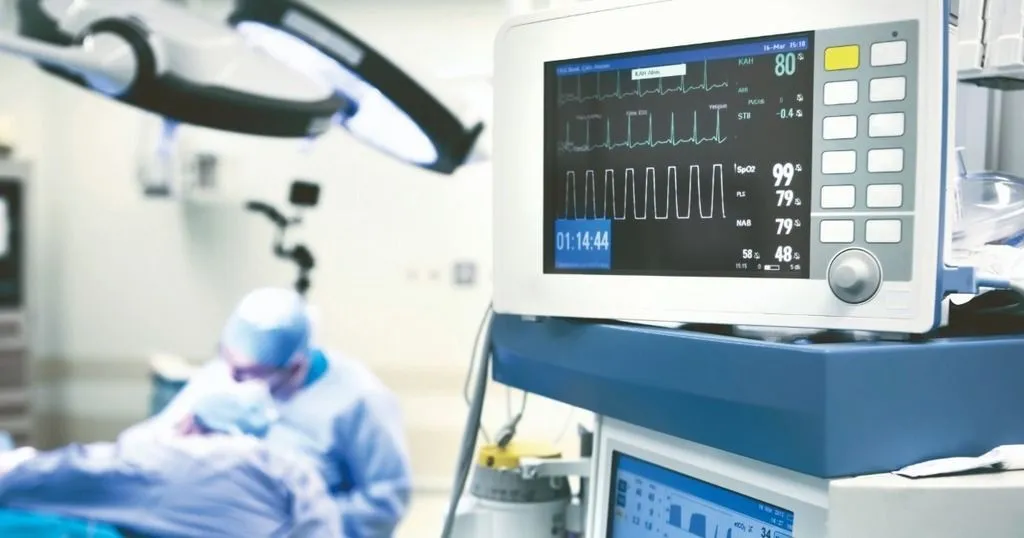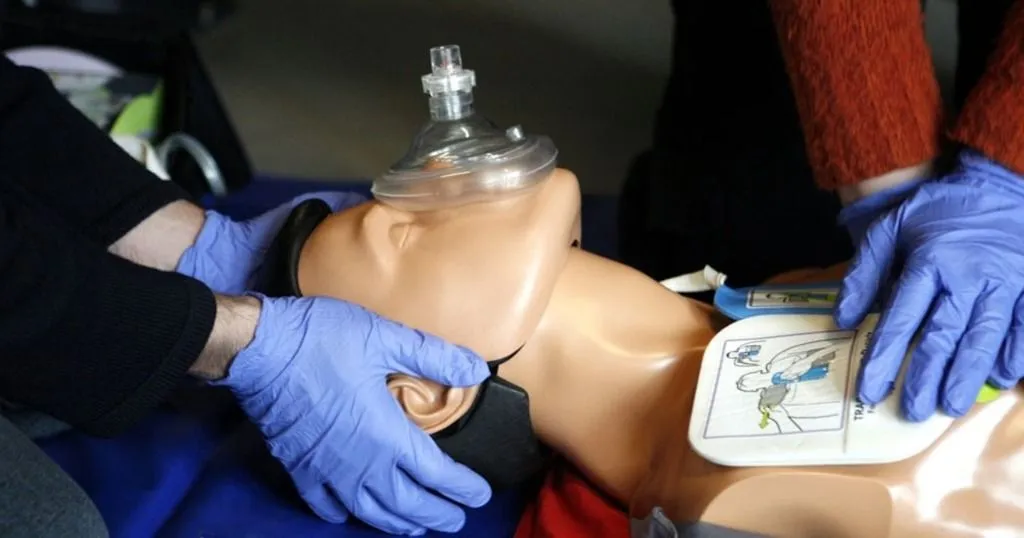Discussing uncertainty during cancer genetic counseling
Getting screened preventively to find out whether a genetic predisposition increases the chance of developing cancer, causes great uncertainty. Which communication manners help to deal with this?
Posted by
Published on
Thu 01 Oct. 2020
Topics
| Communication | Doctor-patient Interaction | The Observer XT | Observational Research |

By Niki Medendorp, researcher at the Department of Medical Psychology of the Amsterdam UMC, The Netherlands.
Background of research project
Multigene panel testing
In approximately 5% of all cancer patients, cancer is caused by an underlying genetic predisposition. Cancer patients or their relatives (i.e., counselees) can undergo genetic testing to find out if they carry a genetic predisposition that increases their chance of developing cancer during their lifetime.
Until recently, genetic testing consisted of the sequencing of individual genes associated with the cancer(s) in the family to identify genetic predispositions. Technological developments within the genetic field have resulted in the possibility to sequence multiple genes associated with cancer simultaneously. This is also called ‘multigene panel testing’.
Multigene panel testing increases the diagnostic yield as it involves a higher probability to identify genetic predispositions. As a result, counselees can undergo preventive screening to detect cancer at an early stage. In addition, relatives of carriers can be tested to determine whether they carry the same predisposition and are in need for screening.
However, panel testing also generates an increased level of uncertainty. For example, a multigene panel test causes a higher chance to determine a genetic variant for which the meaning and implications are unknown.
The communication of uncertainty
Uncertainties surrounding multigene panel testing need to be discussed with counselees to prepare them for potential uncertainties afterwards. For example, preparing counselees for uncertainty increases their ability to deal with an uncertain variant.
Moreover, communicating uncertainties enables them weigh the pros and cons of panel testing and make an informed decision about pursuing such a test [1]. Previous research, however, showed that the communication of uncertainty can have harmful effects on patients, such as higher distress and anxiety [2, 3]. Discussing uncertainty during genetic counseling is therefore not straightforward.
Insights into communication manners
The PhD thesis of Niki Medendorp focuses on how to discuss uncertainty concerning multigene panel testing during cancer genetic counseling. The research team of Niki Medendorp specifically aimed to provide insights into communication manners that help counselees feel more supported, deal with uncertainty, and engage in decision-making about whether to pursue multigene panel testing.
For this purpose, three sub-aims were addressed:
- To explore whether and how uncertainty is discussed in current cancer genetic counseling in general, and multigene panel testing in particular, and how this discussion is experienced by both parties, i.e., counselors and counselees.
- To investigate how counselors’ discussion of uncertainty affects cancer genetic counseling in the context of multigene panel testing.
- To identify how counselors can be supported in optimally discussing uncertainty during genetic counseling.
Research methods
To address the above mentioned aims, a variety of research methods was used such as qualitative, observational, experimental, and literature studies. One of the observational studies was performed to provide insight into the current practice of discussing uncertainty, by using The Observer XT software.
In this observational study, 29 genetic consultations between counselors and a standardized counselee (an actor who acted as a counselee) were videotaped. Using a standardized counselee allowed comparing the communication between counselors. Then, The Observer XT software was used to analyze counselors’ communication manners.
All verbal uncertainty expressions of genetic counselors and the manner in which they responded to the uncertainty expressions of the counselee were coded. This study showed a great variation between counselors in how they communicate and respond to uncertainty.
Based on the findings of the observational study, an experimental study was performed in which the effects of six communication manners were compared. These manners were developed based on the communication manners identified in the observational study. Counselees (n=224) viewed a video consultation in which one of the six communication manners was used. Afterwards, they completed a questionnaire assessing several outcomes such as their feelings of uncertainty and satisfaction.
Conclusion
This PhD thesis provided evidence for communication behaviors that counselors may use to discuss uncertainty. More importantly, the findings emphasize the importance of exploring uncertainty expressions of counselees, and tailoring the communication of uncertainty to the needs and preferences of the individual counselee.
Genetic counselors are therefore recommended to loosen their primary focus on informing counselees about uncertainties, and give more attention to helping counselees deal with uncertainty and enable them to make an informed decision about pursuing multigene panel testing.
Implications
Based on the study findings presented in this thesis, a communication skills training was developed. This training is aimed at improving counselors’ skills to communicate uncertainty, and provides genetic counselors with guidance on how to discuss uncertainty during cancer genetic counseling about multigene panel testing. To this end, participants are first provided with theoretical background after which they are enabled to practice their skills during role play.
By providing genetic counselors with these insights and allowing them to enhance their communication skills, this research contributes to an optimization of the communication of uncertainty with counselees in clinical practice.
Discover the 10 reasons why video feedback is essential in skills education. Download the Free white paper!More information
Publications resulting from the research of Niki Medendorp can be found below.
Medendorp et al. (2018). Uncertainty in consultations about genetic testing for cancer: an explorative observational study. Patient Education and Counseling, 101(12), 2083-2089. https://doi.org/10.1016/j.pec.2018.08.002
Medendorp et al. (2019). Uncertainty related to multigene panel testing for cancer: a qualitative study on counsellors’ and counselees’ views. Journal of Community Genetics, 10, 303-312. https://doi.org/10.1007/s12687-018-0393-1
Medendorp et al. (2020). ‘We don’t know for sure’: discussion of uncertainty concerning multigene panel testing during initial cancer genetic consultations. Familial Cancer, 19, 65-76. https://doi.org/10.1007/s10689-019-00154-4
Medendorp et al. (2020). The impact of communicating uncertain test results in cancer genetic counseling: A systematic mixed studies review. Patient Education and Counseling, 103(9), 1692-1708. https://doi.org/10.1016/j.pec.2020.03.015
Medendorp et al. (2020). Communication skills training for healthcare professionals in providing genetic counseling: A scoping literature review. Patient Education and Counseling. https://doi.org/10.1016/j.pec.2020.07.018
References
[1] T.L. Beauchamp, J.F. Childress, Principles of biomedical ethics, Oxford University Press, USA2001.
[2] M.C. Politi, P.K. Han & N.F. Col (2007). Communicating the uncertainty of harms and benefits of medical interventions, Medical Decision Making, 27(5), 681-695.
[3] D.C. Blanch, J.A. Hall, D.L. Roter & R.M. Frankel (2009). Is it good to express uncertainty to a patient? Correlates and consequences for medical students in a standardized patient visit, Patient education and counseling, 76(3), 300-306.
Related Posts

Observations of surgeons as a tool to assess competency

Video recording medical trainees who are interrupted during a complex task

